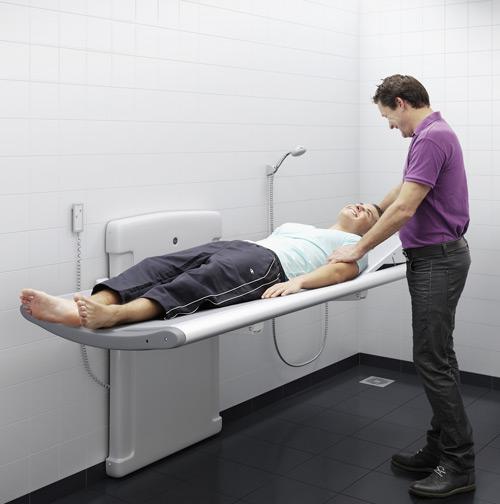Questions you were too afraid to ask about disability
- Written by News Company

The number of people who live with a disability of one kind or another is surprisingly high. Disabilities can be very varied. They included things like epilepsy, hearing impairment and visual impairment as well as both mental and physical disabilities. The modern lexicon prefers the use of differently-abled as opposed to disabled, largely because for many of these people they don’t regard themselves as disabled, instead, they view the attitudes of their able-bodied contemporaries as the reason that they are held back. In short, they would be able to cope perfectly well with the way that they are, if only society at large was able to factor their needs in as well. That said, one of the main reasons that society doesn’t adapt to the needs of the differently-abled is because people are too scared to ask the relevant questions. There is a fear of the unknown and it holds us all back. With that in mind, here are a few questions that you might have wanted to ask but were simply too afraid to.
How do disabled people get dressed?
This is a good question and it applies primarily to blind people and quadriplegic people. It is obvious that a blind person has the ability to dress, the real question here is how do they colour co-ordinate and make up their outfits? This is where friends or family tend to help and give advice. Blind people have a great memory for texture and feel though and you may be very surprised to know that they can identify clothes and outfits that they have worm previously simply by their feel. With quadriplegic people, it is a more difficult process – as is anything that involves moving out of the chair. In this regard, many quadriplegic people will have a wall mounted change table installed at home. It helps massively with the process of getting changed, which always involves a nurse or carer.
Is it catching?
Disability is not something that you can catch from a person. Certain disabilities are hereditary but there are none that can be caught simply by associating with a person who has a disability. Most disabilities are in fact the result of life trauma of some kind, but there are also a great number of people who are simply born the way that they are.
Can the disabled have children?
There is no one answer to this question, just as there is no one answer to the question if all able-bodied people can have children. There are always going to be certain disabled people who cannot reproduce, but for the most part, their disability in no way affects their ability to conceive or parent. There might be instances where it is not a good idea for a disabled person to be a parent – but the same logic applies to all people. If you are not going to be able to look after a baby, then it is not fair to bring it into the world. But just because a person is blind or deaf or living with a physical disability of some sort, it doesn’t mean that they cannot make a great mother or father.





